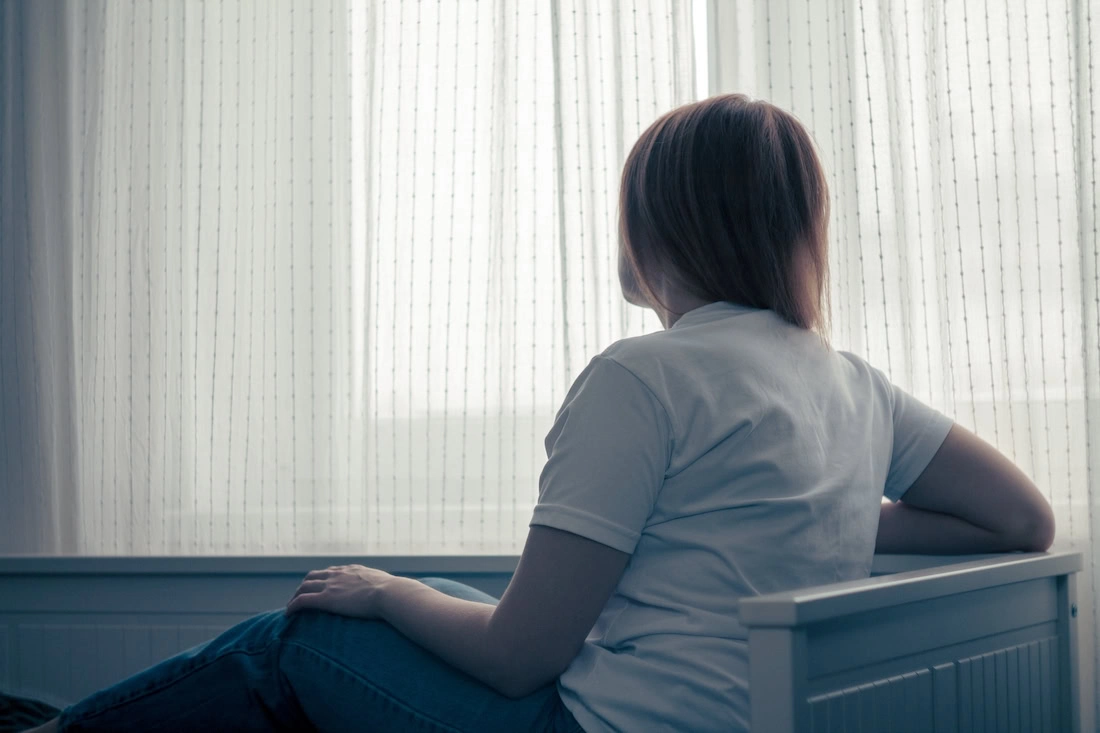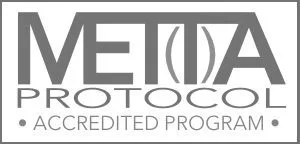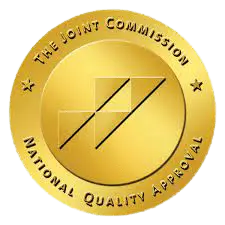For the casual social drinker, having an occasional glass of wine or beer is a way to unwind and enjoy special moments.
But how do you know if your drinking is a problem?
If you ask, “Is my drinking a problem?” it’s essential to explore the realm of problematic drinking and alcohol dependence more closely.
What is Social Drinking?
Social drinking is about enjoying alcohol in moderation and a social environment.
It means controlling the amount you consume and ensuring it doesn’t disrupt your daily life or responsibilities.
How Do You Know if Your Drinking is a Problem?
Problem or Binge drinking is more than just occasionally overdoing it. It’s when you drink enough to raise your blood alcohol concentration to 0.08 g/dL.
For women, this usually happens after four drinks; for men, it’s about five drinks—in just two hours.
The Impact of Problem Drinking
The effects of binge drinking are severe and can impact you in many ways. It can lead to:
- Making poor decisions
- Engaging in risky behavior
- Alcohol poisoning
- Liver disease
- Neurological damage
- Sexual dysfunction
- Death
Alcohol Dependence vs. Addiction
Alcohol dependence is when you physically need alcohol.
It shows up as a craving for alcohol, withdrawal symptoms when you don’t have it, and needing more and more to feel its effects.
On the other hand, alcohol addiction is a chronic disease where you can’t control your drinking and always think about alcohol.
Risk Factors of Problematic Drinking
Many factors can contribute to problematic drinking, including genetic predisposition, stress, and mental health issues like depression or anxiety.
Signs of an Alcoholic
The signs of alcoholism can vary and may be different for each individual. Here are some common warning signs to be aware of:
- Sometimes, you end up drinking more than you planned.
- You’re trying to reduce your alcohol intake, but it’s not always easy.
- Occasionally, you neglect your responsibilities at work, school, or home.
- Even when it creates difficulties in your relationships, you continue to drink.
- When you don’t drink, you experience withdrawal symptoms.
- Drinking to cope with stress or emotions
- Experiencing blackouts or short-term memory loss
- Loved ones expressing concern about your drinking habits
According to a recent study, around 29 percent of people have experienced alcohol use disorder at some point.
If you can relate to these signs, it might be worth considering whether your drinking is becoming problematic.
Practical Tips to Avoid Problem Drinking
- Make sure to set clear drinking limits and make a commitment to stick to them.
- Dedicate some alcohol-free days each week to give your body a well-deserved break.
- Look for healthy alternatives to manage stress, such as exercising or practicing relaxation techniques.
- Practice mindful drinking by savoring each sip and genuinely enjoying your drink.
- Surround yourself with supportive people who encourage responsible drinking.
- Keep yourself hydrated by drinking water in between alcoholic beverages.
- Avoid keeping excessive amounts of alcohol at home to minimize temptation.
- Educate yourself about the potential risks and adverse consequences of excessive drinking.
- Don’t hesitate to seek professional help or counseling if you find it challenging to control your drinking habits.
- Take breaks from drinking to reflect on your relationship with alcohol and ensure it remains in a healthy balance.
Get Help for Alcoholism: Detox and Residential Care at SEE Purpose Treatment Center
Recognizing the signs of alcoholism in yourself can be tricky, but it’s a crucial step towards a healthier life.
If you’re facing challenges with alcohol, remember that help is out there.
At SEE Purpose Treatment Center in Bloomington, Indiana, we provide detox and residential care with personalized approaches.
Our supportive environment is here to guide you through your recovery journey. Contact us today! You don’t have to go through it alone.







